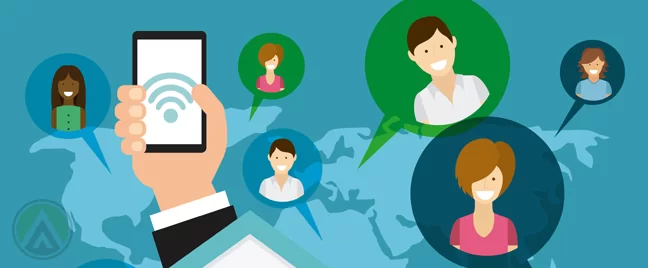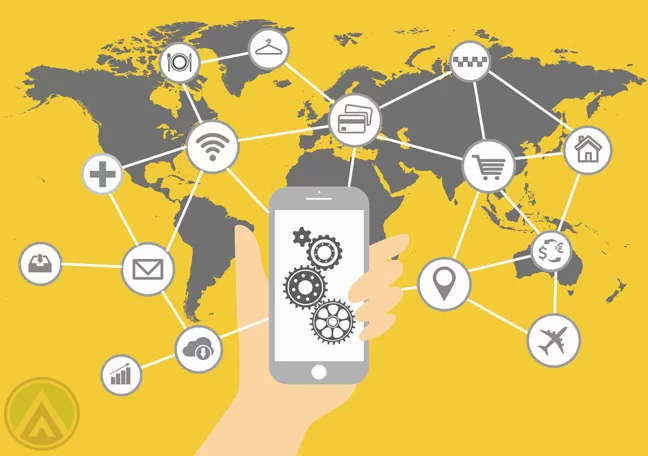With the rate by which technology grows, it seems that it s already outpacing us. Over the previous decades, we ve all been swept away by how the Internet intricately weaved itself as a fundamental component of people s everyday lives. Smart devices—tablets, phones, wearables, and others—completely changed the face of businesses. Now, the world s biggest innovators are taking a leap from here to an even bigger phenomenon: the Internet of things (IoT).
Experts see IoT as the natural trajectory of web innovations, which increases connectivity this time not between people but between things. But all this are rooted to the need to redefine customer experience and offer something yet unheard of to consumers. Precedent technologies including smart devices and cloud computing platforms combined with users increasing hunger for convenience make way for this phenomenon.
If brands want to expand beyond what they are today, it s a no-brainer that they should embrace the concept of IoT. Consequently, however, every aspect of the way we do business can take a whole new form. In this article, we ll focus on how customer service may change in relation to IoT.
1. The best service is one that doesn t need to happen.
According to ABIResearch, more than 30 billion devices will be part of the IoT ecosystem by 2020. This puts extra pressure on brands. If users are demanding speedy customer service right now, by the time the IoT fully becomes mainstream, consumers will be expecting brands to respond to their concerns at the speed of lightning.
On the other hand, IoT devices are smarter than current smart technologies. The first step in taking customer experience up a notch is preventing issues from occurring in the first place. Big data will play a crucial role in incorporating predictive features into devices to warn users of possible malfunctions. Now, customer service agents should be listening to these signals to determine when they should reach out to users.
2. Brace yourself for the impending data explosion.
The aggregation of consumer information is advantageous for brands who want to truly understand their customers so that they can better market to them. However, utilizing unimaginable amounts of data is still a new territory for many brands. Many companies are still struggling to bridge the widening skills gap that come along with this phenomenon. The availability of big data presents rich opportunities for businesses, but only if it s correctly maximized.
3. Cyber security is the biggest concern.
In a world where devices will be equipped with the ability to understand contexts and communicate with one another, new and bigger security threats will arise. In fact, cyber security is among the biggest issues hampering the development of IoT technologies. There s a need for both brands and IoT users to protect data and exercise full control over their devices. One weak spot in the security chain can be a hacker s gateway to limitless vulnerabilities that could unlock a user s personal data. Businesses thus need to respond with robust customer care strategies to ward off IT threats.
4. The IoT phenomenon will call for new service models.
As the IoT era begins, brands need to adopt an expansion-oriented outlook. Gone are the days when continuous service is the priority. This time, uninterrupted service is a given—something that customers already expect from businesses. Instead, enterprises need to focus on customer experience as their primary differentiator.


